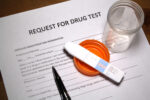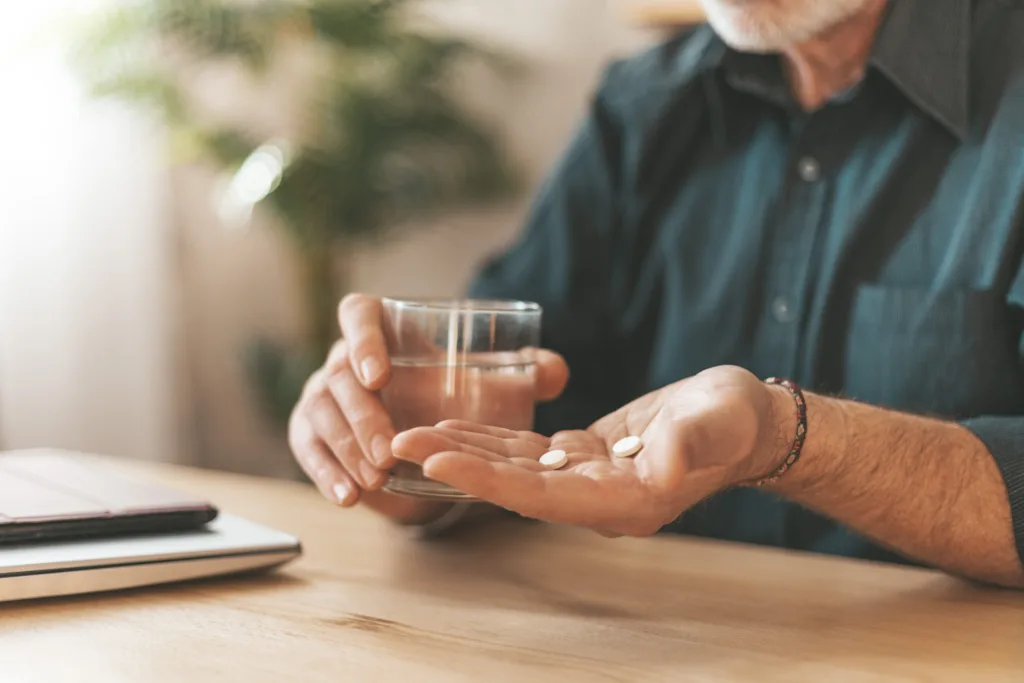Is Achieving Sobriety Possible Without Attending AA?

Alcoholics Anonymous was created for many reasons, including a desire to give individuals recovering from alcohol addiction a place in which they could share their experience with others who not only understood their situation but were walking the same road. It was designed to create community, support and camaraderie for those struggling towards sobriety.
But the truth is, peer groups like AA are not for everyone. And there is nothing wrong with that.
If you have tried AA and decided you could benefit from other recovery methods or are disinclined to try AA for your reasons, rest assured – numerous options exist for those who want to quit drinking and stay sober without AA.
Are there alternatives to AA?
There are plenty of alternatives to AA. Numerous other support groups, including SMART Recovery groups, LifeRing groups and SOS Alcoholism Program.
SMART Recovery
SMART recovery groups are focused on four principles
1) Creating and maintaining the motivation to change
2) learning to cope with cravings and urges
3) regulating thoughts, emotions, and actions
4) learning how to create and implement the habits of a balanced life
Through strategies like motivational interviewing and cognitive behavior therapy, individuals can learn to recognize their destructive tendencies and gain a sense of control over their thoughts and behaviors.
LifeRing Recovery
These groups focus less on the spiritual aspect of recovery and more heavily on an individual’s ability to find recovery within themselves. The main driving pillar of this group is that within each individual is a “sober self” and an “addicted self,” and the point of recovery and group meetings is to find ways in which to strengthen that sober self.
Focused on the present moment, LifeRing helps individuals leave the past in the past and pursue recovery to find one’s strongest selves. These groups are good options if you are seeking a more secular approach to recovery while also desiring peer support and group sessions.
SOS Alcoholism Program
Secular Organizations for Sobriety (SOS) programs are a conglomeration of recovery programs, both online and in-person, which provide an alternative to AA.
Less focused on the spiritual side of recovery, and more focused on addressing one’s weaknesses, these groups are based on the belief that accepting one’s weakness can help propel recovery and place control of your habits and behaviors in your hands.
How to quit drinking and stay sober without AA
Maybe peer support groups are not your thing, and you desire an alternative to support groups not because of the spiritual aspect, but because you want to focus on recovery in a more individual manner. While it’s still crucial to lean on your loved ones and meet routinely with your therapist, there are daily practices you can put into place to foster a sober lifestyle on your own.
Take it a day at a time
Sobriety is a lifelong journey, and while people in recovery do celebrate the big recovery milestones (as they should!) each day spent sober should be just as much of a celebration, especially in those early days of recovery. Celebrate each day spent sober and acknowledge those victories in a way that is special to you.
Don’t compare yourself to others
Your recovery journey is yours for a reason – no one else can do it for you, and no one else can tell you where or when you should be on that recovery path. If you are taking the process one day at a time and are doing the best you can with the tools you have, there is nothing to be ashamed of. Comparing yourself to others is more likely to set you behind than push you forward.
Practice gratitude
A gratitude journal is an excellent way to shift your mindset from one of negativity to one of positivity. It will help you focus on the small wins instead of the failures, and will give you something to look back on when you feel yourself struggling. If you start focusing even on the smallest things you are grateful for, you will begin experiencing a shift in your overall thinking which, in turn, can greatly benefit your mental health and recovery.
Exercise
Alcohol consumption has a lot of negative effects on your body, and exercising can help undo some of the damage caused by substance use. Plus, the endorphins released while exercising help with mental wellness and even has been shown to reduce cravings experienced during late detox and early recovery.
Switch up your environment
If your home life, work life or social scene is causing stress and/or tempting you to drink more than you should/want to, it might be time to change things up. Consider a new living situation or a job switch, if necessary. Distance yourself from people who threaten the success of your sobriety. Your first responsibility is to your recovery, and it’s important to protect it by making necessary changes.
Seek out additional help
Recovery from alcohol addiction is challenging, and not one that should be pursued alone. But if AA or recovery groups in general aren’t for you, consider meeting with a counselor to help you create healthy coping mechanisms and beneficial means of dealing with unwanted thoughts and behaviors.
To get in contact with a counselor today, reach out to Silver Ridge Recovery by calling 855-945-7788 or visiting our website to learn more.









